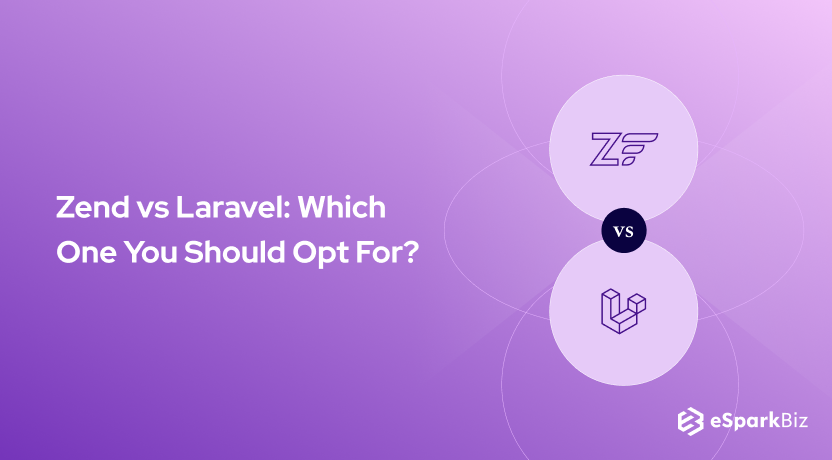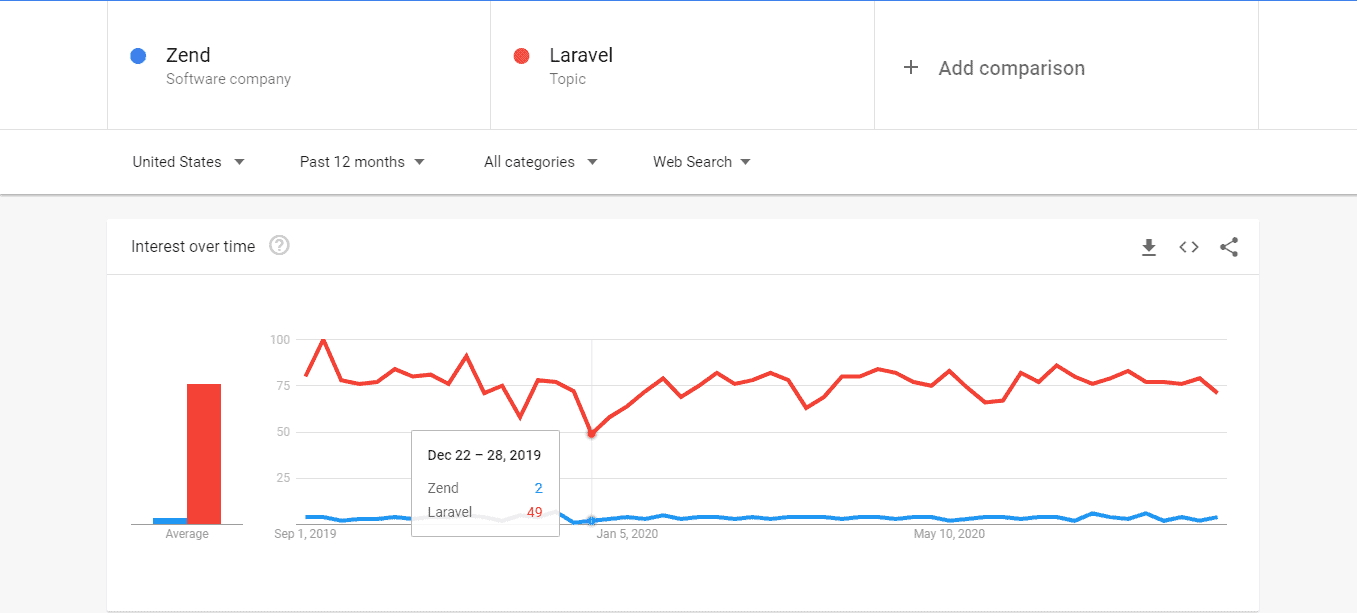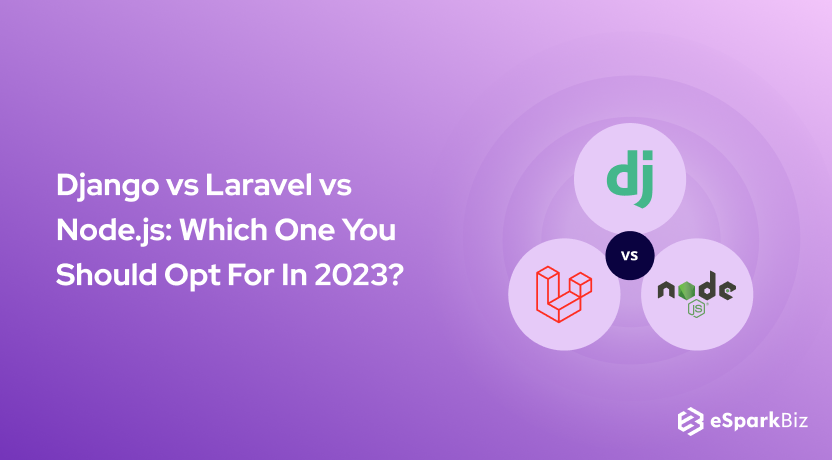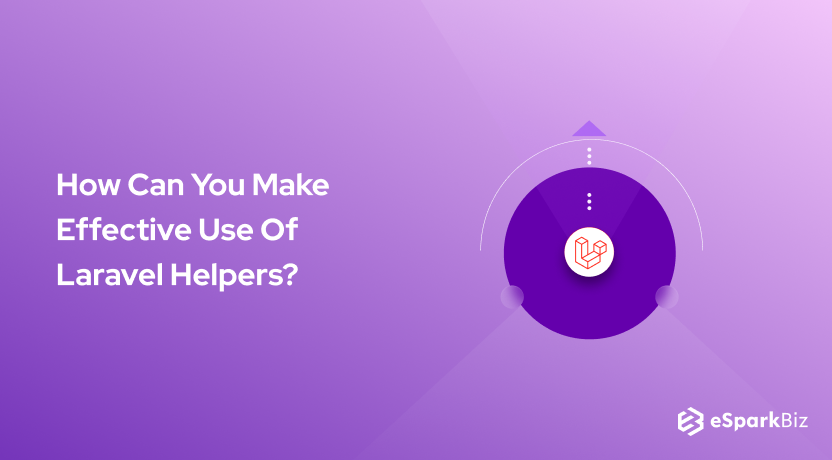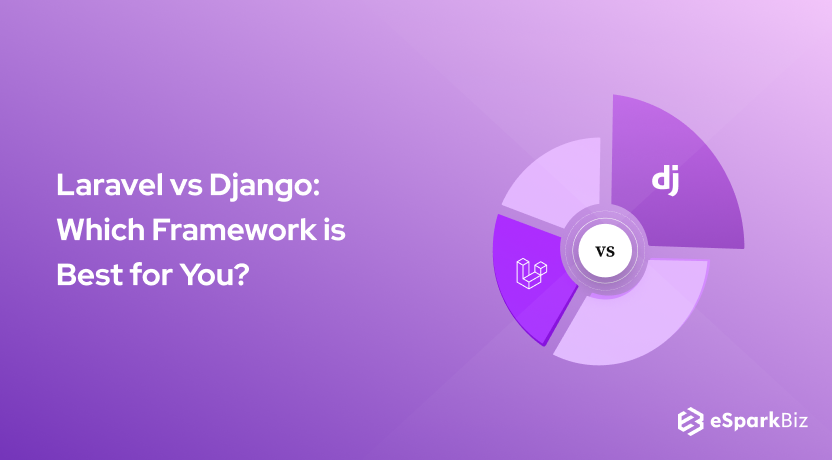PHP is a powerful server-side scripting language that you can use to build static as well as dynamic web applications. PHP is also easy to learn. Zend and Laravel are two very powerful PHP based frameworks. Today, we will talk about Zend vs Laravel in detail.
But before starting a project, most people are in a dilemma whether to use Zend or Laravel to create their web application . This blog will help any Premium Laravel Development Agency.
We are going to demystify Zend Framework vs Laravel in our article and understand each of them in detail. We are also going to compare features in each of the frameworks.
What is Laravel: Pros & Cons
Built and developed by Taylor Otwell, Laravel is based on Model-view-Controller (MVC) architecture. Laravel is written in PHP language and it is licensed under the MIT license. The first release of Laravel was in June 2011.
The Highlighting Features of Laravel are its user-friendliness and simplicity. It has one of the strongest MVC frameworks for the development of web-based applications in PHP.
Laravel is recommended for any web application which is prone to security attacks as Laravel has strong security features.
Pros and Cons of Laravel
Pros of Laravel
- Laravel has very good documentation. Right from getting started till covering detailed information about each component, Laravel has all the information required for you to build a web application.
- Laravel has excellent support for building restful services. You can easily add new APIs and handle CRUD operations.
- Laravel comes with a built-in ORM called Eloquent ORM which has excellent support for connecting to databases such as MySQL, Postgres, and SQLite.
- Laravel comes with a built-in CLI called Artisan. Using Artisan, developers can kickstart their projects, migrate databases, and execute their code.
- You can hire laravel developer as it provides you with an authenticated and authorized framework in the box.
- It is easy to learn and kickstart your project.
- Laravel does not have any strict rules on the project structure. It provides developers flexibility with the way they want to structure their code.
- Laravel allows you to use Symphony components. A lot of these components are tested earlier and can be easily integrated.
- Laravel has a very powerful template system called Blade. Though it is a little difficult to write, it gets compiled as PHP code and you can use it directly inside the view.
- Event management is well done in Laravel.
- Laravel Elixir is also an excellent framework provided by Laravel using which you can execute Gulp tasks. Various CSS preprocessors are supported by Laravel Elixir.
- The ecosystem of tools built around Laravel is very powerful.
- Laravel has excellent community support.
Cons of Laravel
- Laravel uses a lot of magical methods which makes it hard to debug and also created an issue in auto-completion.
- Laravel creates a lot of files itself which bloats the framework. Though this does not hinder the speed at which the code operates, it increases the deployment package size.
- While using the database, you need to explicitly model all the properties by yourself.
- The performance is less as compared to Lumen.
- Some frameworks in Laravel have a steep learning curve.
- There is no standard design practice, so the code uniformity is not present across the project.
What is Zend: Pros & Cons
Zend is open-source and object-oriented. Licensed under the BSD license, Zend is based on MVC architecture. Zend also has a Front Controller Design Pattern which allows the requests based on a single controller class. The first release of Zend was done in 2006.
The dependency of Zend is on several packages. It also has a package dependency manager which helps to arrange and sort the dependencies easily.
Also, it supports the cross-platform operating system. Zend integrates well with most of the databases such as MySQL, SQLite, Oracle DB, and others.
Pros and Cons of Zend
Pros of Zend
- It is designed and architected as per industry standards and the code is modular.
- Zend Enterprise is used by most of the industry.
- It has partnered with big corporations such as Google, IBM, and Microsoft.
- Zend is object-oriented and allows you to inherit predefined classes and extend their functionality.
- It supports various databases such as SQLite, MySQL, IBM DB2, and Oracle.
- Zend allows you to customize the components as you can easily inherit them and add code.
- It inherently supports Apigility. It allows you to create APIs, parse JSON, set up authentication, and authorization, and also you can easily write POST and GET calls.
- The community is very strong.
Cons of Zend
- The documentation is not up to mark.
- It has a very steep learning curve.
- Too many components are present which disturbs the uniformity of the code.
- It performance issues when it comes to SQL queries.
- Zend can handle fewer requests as compared to Laravel.
- It has a poor response time.
Zend vs Laravel: Comparison Table
| Feature | Laravel | Zend |
|---|---|---|
| Definition | Laravel is used to build a full-stack web application where you can integrate multiple 3rd PHP packages. | Zend is built by combining multiple PHP packages together. |
| Configuration | Laravel uses a different kind of configuration for the server to work with the application. | Zend uses MVC pattern and supports functions such as database support, dependency injection and restful services. |
| Integration | Laravel allows integrating with more multiple 3rd party packages as compared to Lumen. | Zend has excellent support for the integration of databases such as DB2, MySQL, SQLite, etc. |
| Query Performance | Laravel executes all the SQL queries in almost real-time with zero delays. | Zend performs poorly and takes a lot of time to execute SQL queries. |
| ORM framework | Laravel uses Blade as the default template engine. | Zend uses propel or doctrine as its ORM specification |
| Command Line Interface | Laravel has its own command-line interface which is provided along with the framework. | Zend also has a tool called command-line tools built in the framework. |
| Restful API’s | Laravel has very good support for creating restful services. | Zend also has good support for creating restful services. |
| Project kickstart | Laravel has a very simple document which helps you in installing and creating a new project. | Zend supports different languages such as Smarty or Twig. |
| Authorization and Authentication
|
Laravel has excellent support for both authorization and authentication. | Zend has authentication support, but it does not have authorization support. |
| Event Manager | Laravel inherently supports event queuing. | In Zend, you need to add an event manager package explicitly. |
| Templating | Laravel has an inbuilt powerful template system. | Zend supports less template languages. |
| Learning curve | Laravel has a steep learning curve and it takes time to become familiar with all the packages. | Zend also has hard learning and takes time to master it. |
| Symfony Components | Laravel comes with the Symfony framework which can be used to build Symfony components. | Zend supports a framework that is the counterpart of the Symfony framework. |
Zend Framework vs Laravel: Analyzing The Differences
Criterion #1:Definition
Laravel
Laravel is a powerful PHP framework which is based on MVC architecture. You can design elegant web applications using the Laravel toolkit and Laravel Helper Functions. It is open-source and has a rich set of functionalities.
Zend
Zend is also a powerful PHP framework using which you can develop web applications. It is a purely object-oriented language and contains packages that can be used to build web applications.
Criterion #2:Usage
Laravel
Laravel is designed with the idea to provide minimum functionalities baked directly in the framework.
It provides you with code for functionalities such as authentication, routing, and caching. It aims to make the development process easy and fast.
Zend
Zend is basically a collection of PHP packages and completely object-oriented. It is open-source and has a very active community. It uses the composer as its dependency package manager.
So, here the battle of Zend Framework vs Laravel ends in a tie.
Criterion #3:Integration
Laravel
Laravel lets you add different functionality by integrating 3rd party packages.
For instance, you can easily integrate Analytics engine such as Moesif to Laravel by just executing the below command:
composer require moesif/moesif-laravel
Zend
Zend is basically an amalgamation of various packages. If you need to add any functionality, you just need to add that package and you would be done. It is easy to integrate PHP packages in Zend. For a better outcome, you can hire dedicated developer
Criterion #4:Platform
Laravel
Laravel is supported on all platforms. Since it runs on the server-side, you can easily communicate with it using APIs.
Zend
Zend is also cross-platform and is supported across all operating systems. Zend PHP enterprise software is also compliant with HIPAA and other standards.
So, Laravel has more to offer when you see Zend vs Laravel comparison.
Criterion #5:Requests
If you’re comparing Laravel vs Lumen, then Laravel handles fewer requests as compared to Lumen. But it is very easy to play with requests in Laravel. It supports a built-in authorization framework for the incoming requests. It also allows you to filter the request and sniff it.

Zend is comparatively slower and can handle fewer requests than Laravel in a second. Your throughput is less as compared to Laravel and this may sometimes lead to slowness in the web application.
Criterion #6:Community
Laravel
Laravel has a comparatively smaller community. The support is also slower and if you find an issue, it might take a while for the community to get a fix.
It has strong support in stack overflow and most of the time, you will directly get all your questions answered at stack overflow.
Zend
Zend has a very active community. Basically, it is a community-driven project where new packages are added frequently. You also get all your questions answered on their community forum and you can also contribute to the project.
So, in the battle of Zend Framework vs Laravel, Zend wins here.
Criterion #7:License
Laravel
Laravel is an open-source project licensed under MIT. Taylor Otwell created it and released it in 2011.
Zend
Zend is also an open-source project and its source code is licensed under MIT. It was announced that this project is moving to open source by the name of Laminas.
Criterion #8:Response Time
Laravel
Since Laravel can process more requests in just a second, it has a very good response time.
Though its response time is less as compared to Lumen. Since the web applications built using Laravel are modular, the response time is also very high.
Zend
Since Zend takes more time to process the requests, it loads at a slower pace as compared to Laravel.
One more reason for the less response time is the fact that you need to integrate multiple packages in order to run the code.
So, Laravel wins this Zend Framework vs Laravel battle.
Criterion #9:Speed
Laravel
Laravel process requests at a very fast pace as compared to Zend and hence it is much more responsive. Yet it is slower than a lumen.
Zend
Zend is slow as compared to Laravel. Sometimes you see that a page takes a lot of time to load. It also handles requests at a slower pace as compared to Laravel.
So, if you’re comparing Zend vs Laravel, Laravel is ahead.
Read also: Exploring the Key Features of Laravel 7 Framework
Criterion #10:Return on Investment
It is easy to learn, and the Laravel dedicated developer can be up to mark within a week. There are no specific tools that you need to learn in order to start coding.
With Zend 2, it has become a lot easy to write code to build PHP applications. Also, it is OOP based, so you can write code easily and also maintain it. This also helps when new dedicated development team is onboard to the project and they can ramp up easily.
Conclusion
Laravel and Zend are very powerful PHP languages to build a web application. Most corporations use it in order to write the code in PHP. But each of these has a few advantages and disadvantages associated with them.
In this article, we have discussed Zend Framework vs Laravel in detail. We talked about the key differences between Laravel and Zend.
We also discussed the advantages and disadvantages of the framework. Lastly, we compared different features that are available in Laravel and Zend. When confused about whether to use Laravel or Zend, refer to this and take a wise decision.
We hope you had a great time reading this article and it will prove helpful for any Laravel Developer in the future . Thank You.!
-
Is Zend Server Free?
The simple answer to this question would be NO. Zend Server provides you a 30-day free trial. But, after that, you need to purchase it.
-
How Many Requests Laravel & Zend Can Handle?
Laravel can handle 609.93 requests/second, while Zend can handle 559.91 requests/second.
-
Can I learn laravel without PHP?
You need to be good at PHP while learning any of the modern PHP frameworks like Laravel, Symfony, etc.

